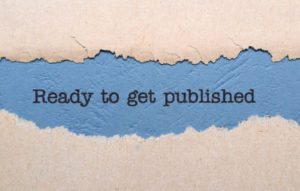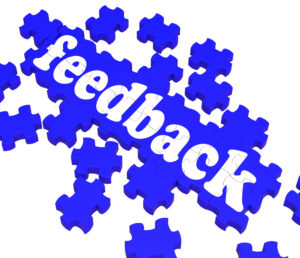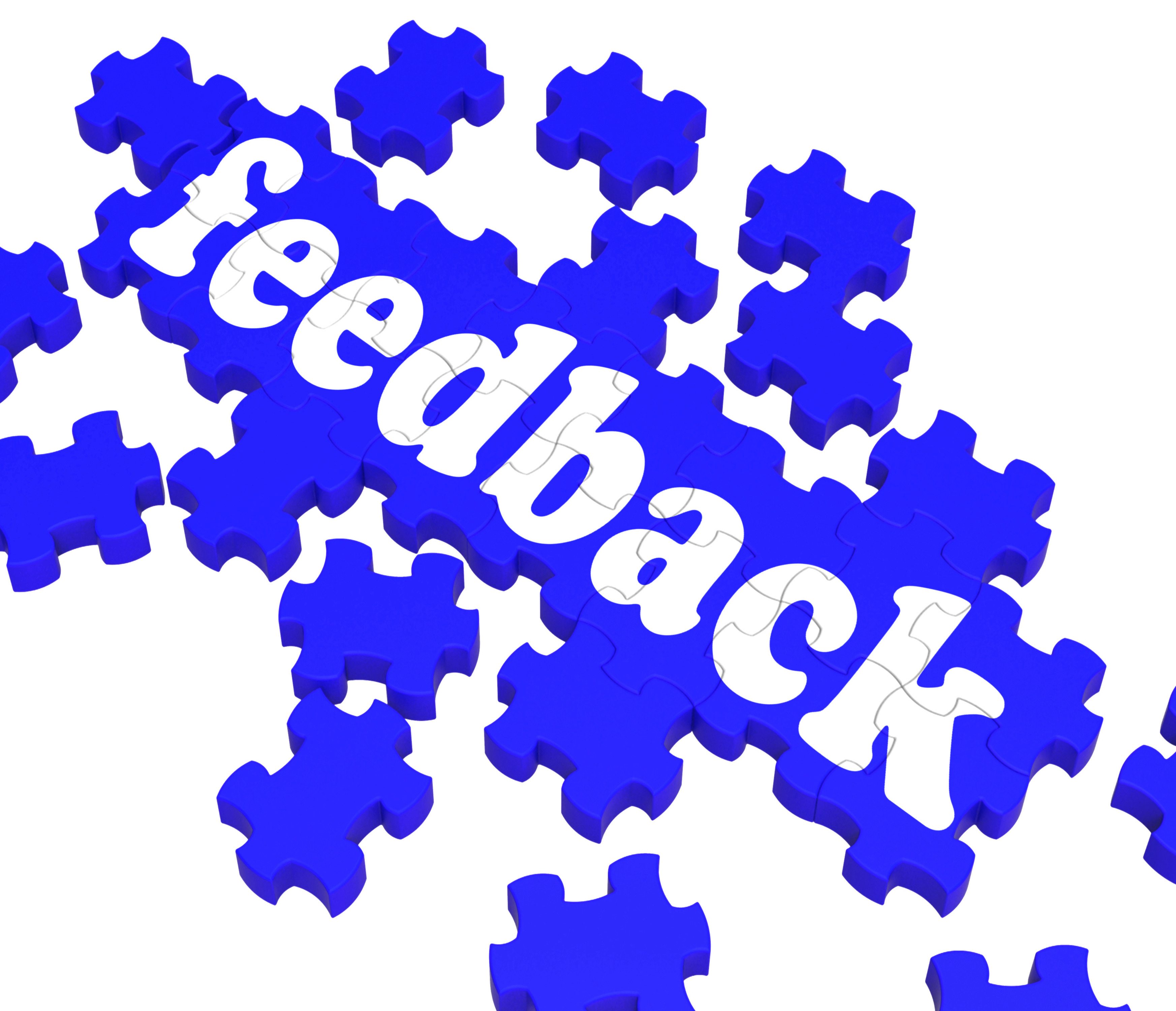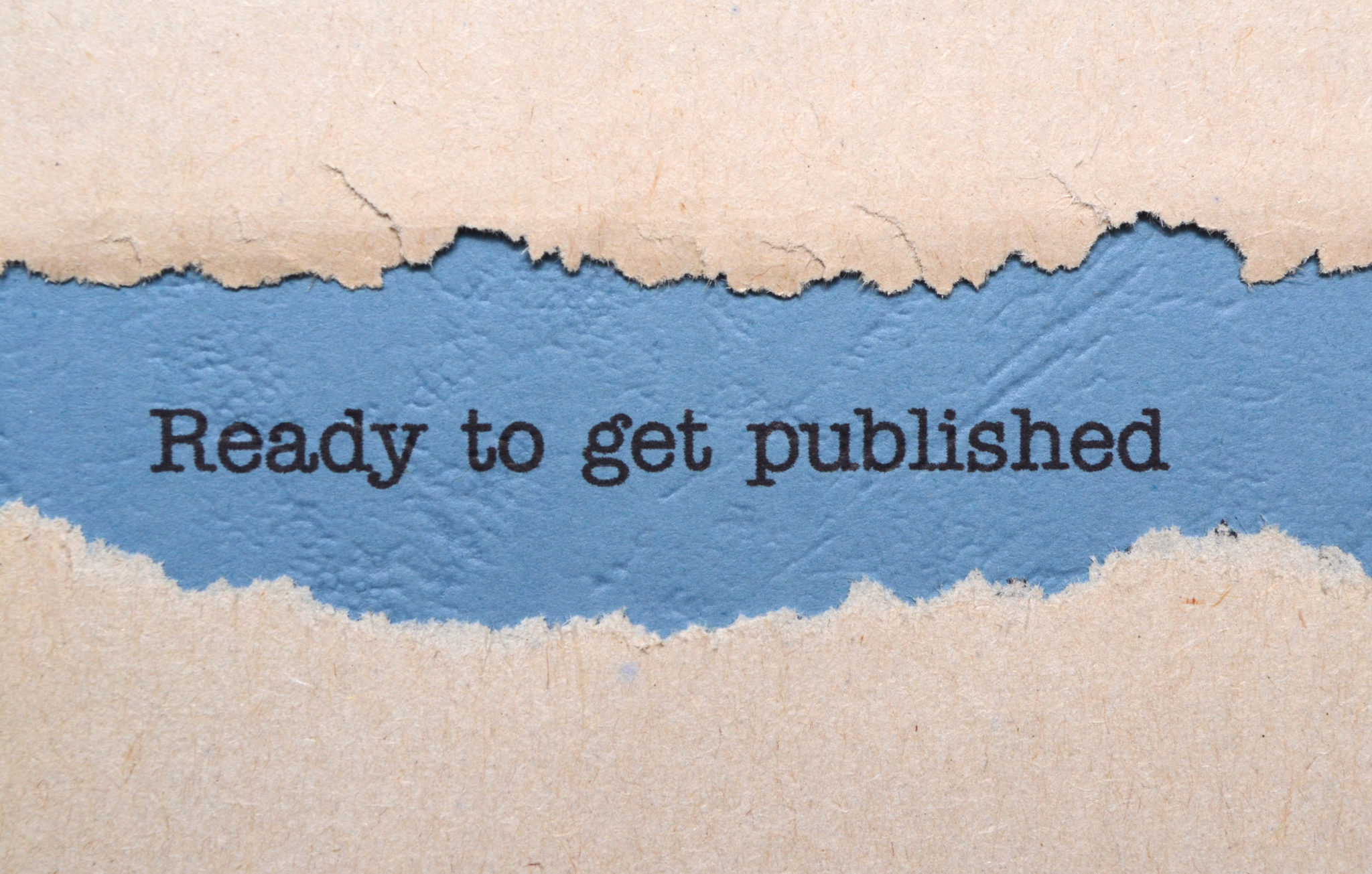Today’s post is by Jane Friedman, off of her site janefriedman.com on April 29, 2015. With Nanowrimo ending (Hooray and congrats to all who entered!) it is time to think of next steps. Jane’s post gives some really good advice on deciding if you need a literary agent, and then what steps to take.
~ * ~
 When writers ask me “Can you find me a literary agent?” they don’t realize it’s kind of like asking me “Can you find me the right spouse?” This is a research process and decision that’s best conducted by you. I think you’ll understand why by the end of this post.
When writers ask me “Can you find me a literary agent?” they don’t realize it’s kind of like asking me “Can you find me the right spouse?” This is a research process and decision that’s best conducted by you. I think you’ll understand why by the end of this post.
Understand Your Work’s Commercial Potential
There are different levels of commercial viability: some books are “big” books, suitable for Big Five traditional publishers (e.g., Penguin, HarperCollins), while others are “quiet” books, suitable for mid-size and small presses. The most important thing to remember is that not every book is cut out to be published by a New York house, or even represented by an agent; most writers have a difficult time being honest with themselves about their work’s potential. Here are some rules of thumb about what types of books are suitable for a Big Five traditional publisher:
- Genre or mainstream fiction, including romance, erotica, mystery/crime, thriller, science fiction, fantasy, young adult, new adult
- Nonfiction books that would get shelved in your average Barnes & Noble or independent bookstore—which requires a strong hook or concept and author platform. Usually a New York publisher won’t sign a nonfiction book unless it anticipates selling 10,000 to 20,000 copies minimum.
To better understand what sells, buy a subscription to PublishersMarketplace.com and study the deals that get announced. It’s a quick education in what commercial publishing looks like.
Also, check out Manuscript Wish List, where agents/editors specifically spell out what they’re looking for. It’ll keep you up on trends.
If your work doesn’t look like a good candidate for a New York house, don’t despair. There are many mid-size houses, independent publishers, small presses, university presses, regional presses, and digital-only publishers who might be thrilled to have your work. You just need to find them.
Decide If You Really Need a Literary Agent
In today’s market, probably 80 percent of books that the New York publishing houses acquire get sold by agents. Agents are experts in the publishing industry. They have inside contacts with specific editors and know better than writers what editors or publishers would be most likely to buy a particular work. Perhaps most important, agents negotiate the best deal for you, protect your rights, ensure you are paid accurately and fairly, and run interference when necessary between you and the publisher.
The best agents are career-long advisers and managers.
Traditionally, agents get paid only when they sell your work, and they receive a 15 percent commission on everything you get paid (your advance and royalties). It is best to avoid agents who charge fees other than the standard 15 percent.
So … do you need an agent?
It depends on what you’re selling. If you want to be published by one of the major New York houses (e.g., Penguin, HarperCollins, Simon & Schuster), then you more or less need to have one—and want one on your side.
If you’re writing for a niche market (e.g., vintage automobiles) or wrote an academic or literary work, then you might not need an agent. Agents are motivated to take on clients based on the size of the advance they think they can get. If your project doesn’t command a decent advance, then you may not be worth an agent’s time, and you’ll have to sell the project on your own.
Read the full post on janefriedman.com.
~ * ~
If you liked this article, please share. If you have suggestions for further articles, articles you would like to submit, or just general comments, please contact me at paula@publetariat.com
 As many writers know, agents and editors won’t give your work more than ten pages or so to make an impact. If you haven’t got them hooked by then, it’s a safe bet you won’t be asked for more material. Make sure you’ve got the kind of opening they’re looking for! In this invaluable weekend event, you’ll get to work with an agent online to review and refine the first ten pages of your novel. You’ll learn what keeps an agent reading, what are the most common mistakes that make them stop, and the steps you need to take to correct them. The best part is that you’ll be working directly with an agent, who will provide feedback specific to your work.
As many writers know, agents and editors won’t give your work more than ten pages or so to make an impact. If you haven’t got them hooked by then, it’s a safe bet you won’t be asked for more material. Make sure you’ve got the kind of opening they’re looking for! In this invaluable weekend event, you’ll get to work with an agent online to review and refine the first ten pages of your novel. You’ll learn what keeps an agent reading, what are the most common mistakes that make them stop, and the steps you need to take to correct them. The best part is that you’ll be working directly with an agent, who will provide feedback specific to your work.


 When writers ask me “Can you find me a literary agent?” they don’t realize it’s kind of like asking me “Can you find me the right spouse?” This is a research process and decision that’s best conducted by you. I think you’ll understand why by the end of this post.
When writers ask me “Can you find me a literary agent?” they don’t realize it’s kind of like asking me “Can you find me the right spouse?” This is a research process and decision that’s best conducted by you. I think you’ll understand why by the end of this post.